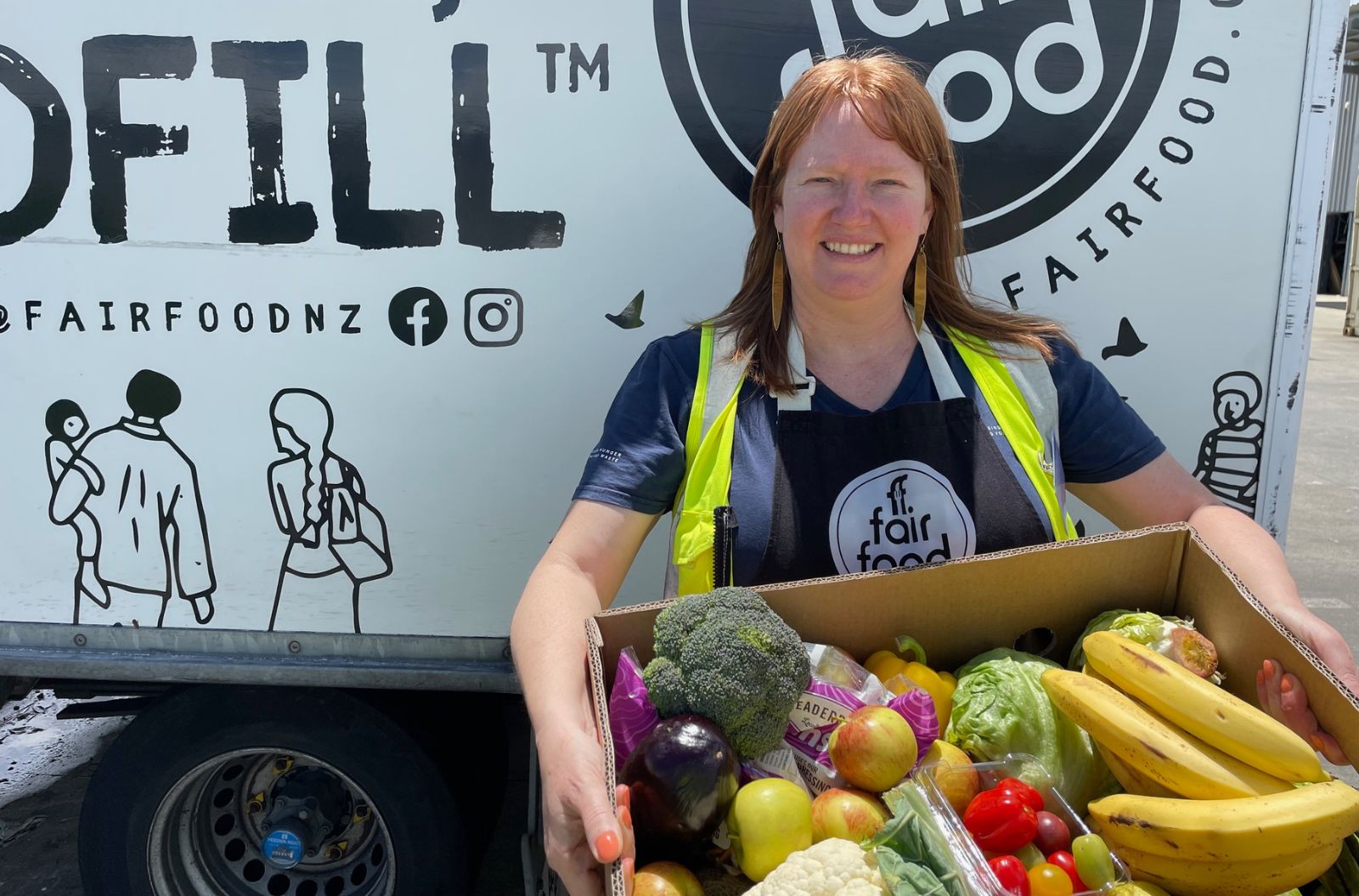From Advocacy to Healing: Peer Support for Conversion Practices Survivors
April 21, 2024

After years of tireless advocacy, conversion practices are illegal in Aotearoa. But for many survivors, the journey to healing has only just begun. Now a groundbreaking new service delivered by our partner charity, OutLine Aotearoa, aims to provide a safe space for survivors to heal together.
Conversion practices are actions taken by a person or group to try to change or suppress another person’s sexuality, gender identity or gender expression. There is no evidence that conversion practices work, but significant evidence that they can cause long-term harm and trauma. As a result, people with lived experience are often referred to as survivors.
Our partner Charity, OutLine Aotearoa, is a Rainbow mental health organisation. They have launched New Zealand’s first peer support group for people with lived experience of conversion practices. It allows survivors to connect, share their experiences and provide mutual support.
A law to ban conversion practices in Aotearoa was passed in 2022, following years of lobbying by survivors and rainbow advocates.
Thanks to funding from generous donors, OutLine has now launched the Conversion Practices Survivor Network. The network allows survivors from throughout Aotearoa to access a free, facilitated peer support group that meets online every month. Survivors can also connect with the network to access information and pathways to other support services.
OutLine’s Peer Support Manager, Lagi Thompson-Rikys, says support groups can play an integral role in the healing process.
"Peer support and ongoing relationships with other survivors can reduce shame and self-doubt by helping participants to process the negative feelings and messages they may have internalised during the conversion practices experience, and understand these are not their fault."
Peer support can also make it easier for trauma survivors to form relationships of trust.
“Isolation and the inability to trust other people caused by conversion practices can be worked through very well in a peer support setting.”
Thompson-Rikys says survivors are an extremely diverse group, in terms of their rainbow identities as well as their cultural identities, ages and life experiences. Experiences of conversion practices can also vary across a diverse range of religious, cultural and clinical settings.
“Our trained staff facilitators have an understanding of conversion practices and lived experience as rainbow people, and draw on their expertise to create a safe space for survivors from diverse backgrounds and experiences.”
While peer support can be extremely helpful, it is only one part of the healing journey and does not negate the need for counselling, other trauma work and/or cultural healing processes. OutLine’s trained facilitators can help survivors to access other services to help them heal.
OutLine’s Conversion Practices Survivor Network is available to survivors aged 18 and over throughout Aotearoa. The network can also help younger people find individual support elsewhere.
Words and images supplied by OutLine Aotearoa
Support OutLine Aotearoa with your 1%
Help support the mental health of the Rainbow Community with just 1% of your annual income. For the average Kiwi, that's only $10 per week. Support OutLine Aotearoa with your 1%.
JOIN the collective NOW


